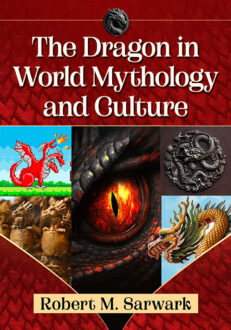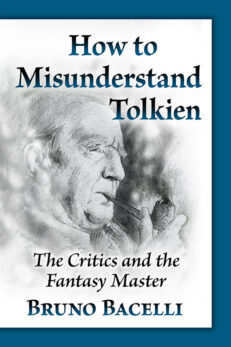Farewell to the Last Golden Era
The Yankees, the Pirates and the 1960 Baseball Season
$29.95
In stock
About the Book
In 1960, Major League Baseball reached a crossroads in its history. Facing a challenge from the Continental Baseball League, the owners of the original 16 major league teams elected to admit new clubs. This in-depth look at that pivotal season—the last played with only the original 16 teams—follows the New York Yankees and the Pittsburgh Pirates on their march to the 1960 World Series. The trials and triumphs of these two teams reflect the changes, large and small, that came to define the sport in the following decades—surnames on the backs of the uniforms, exploding scoreboards, the increasing impact of international players, and foremost of all, expansion. Marking the end of the “Golden Age” of baseball and the beginning of the ascendancy of professional football as the national pastime, this historic season witnessed the intersection of the past and future of American professional sports.
About the Author(s)
Bibliographic Details
Bill Morales
Format: softcover (6 x 9)
Pages: 230
Bibliographic Info: 12 photos, notes, bibliography, index
Copyright Date: 2011
pISBN: 978-0-7864-6327-5
eISBN: 978-0-7864-8568-0
Imprint: McFarland
Table of Contents
Acknowledgments ix
Preface 1
One. “As inevitable as tomorrow—but not as imminent” 3
Two. “The lowest form of cheesecake” 17
Three. “Don’t crowd the Hall” 31
Four. “I don’t care for Florida” 47
Five. “The biggest decoy job in baseball history” 64
Six. “We’re shooting for 1960” 79
Seven. “As many as I can” 96
Eight. “The more I see of them, the more I like them” 113
Nine. “Kiss it goodbye” 130
Ten. “The gateway to the rainbow” 146
Eleven. “The Baseball fates decreed it that way” 163
Twelve. “Perhaps experience doesn’t count” 181
Epilogue 197
Notes 205
Bibliography 211
Index 213





